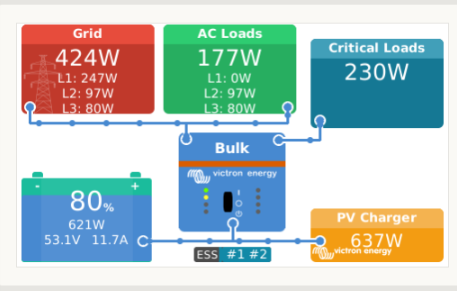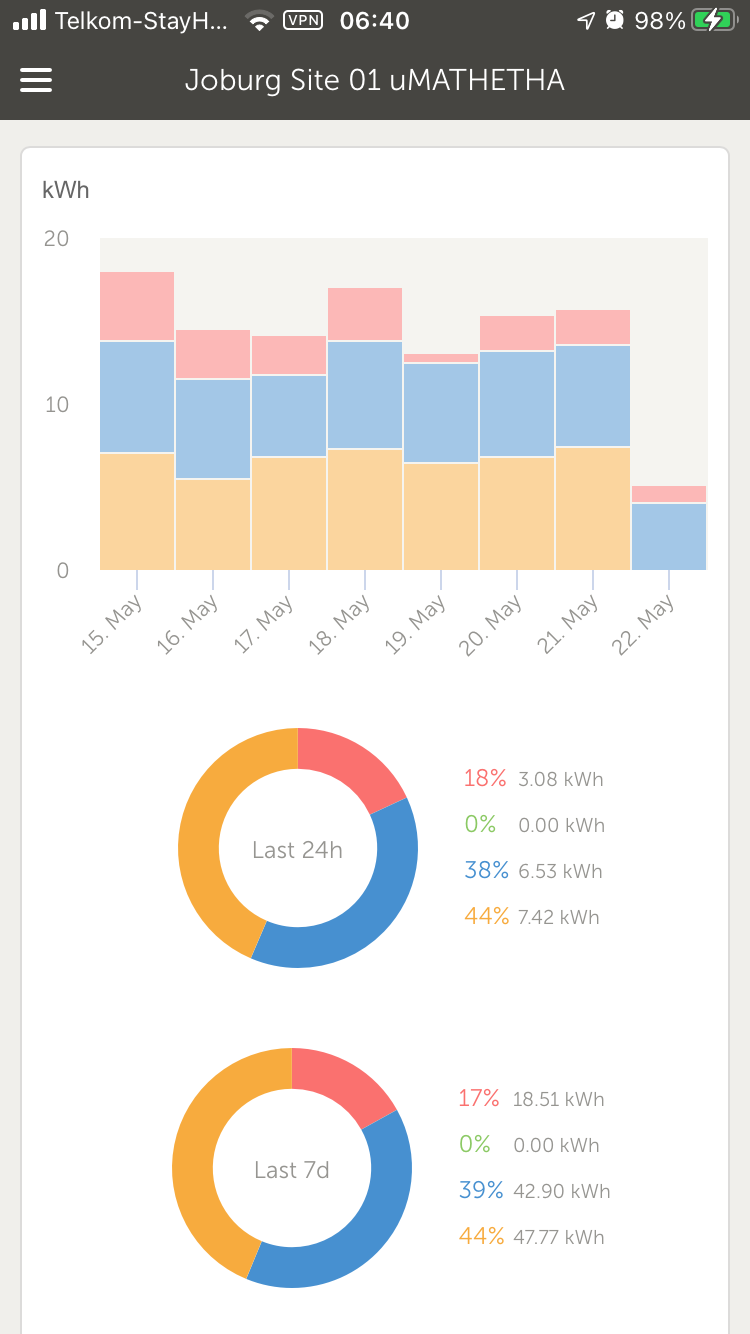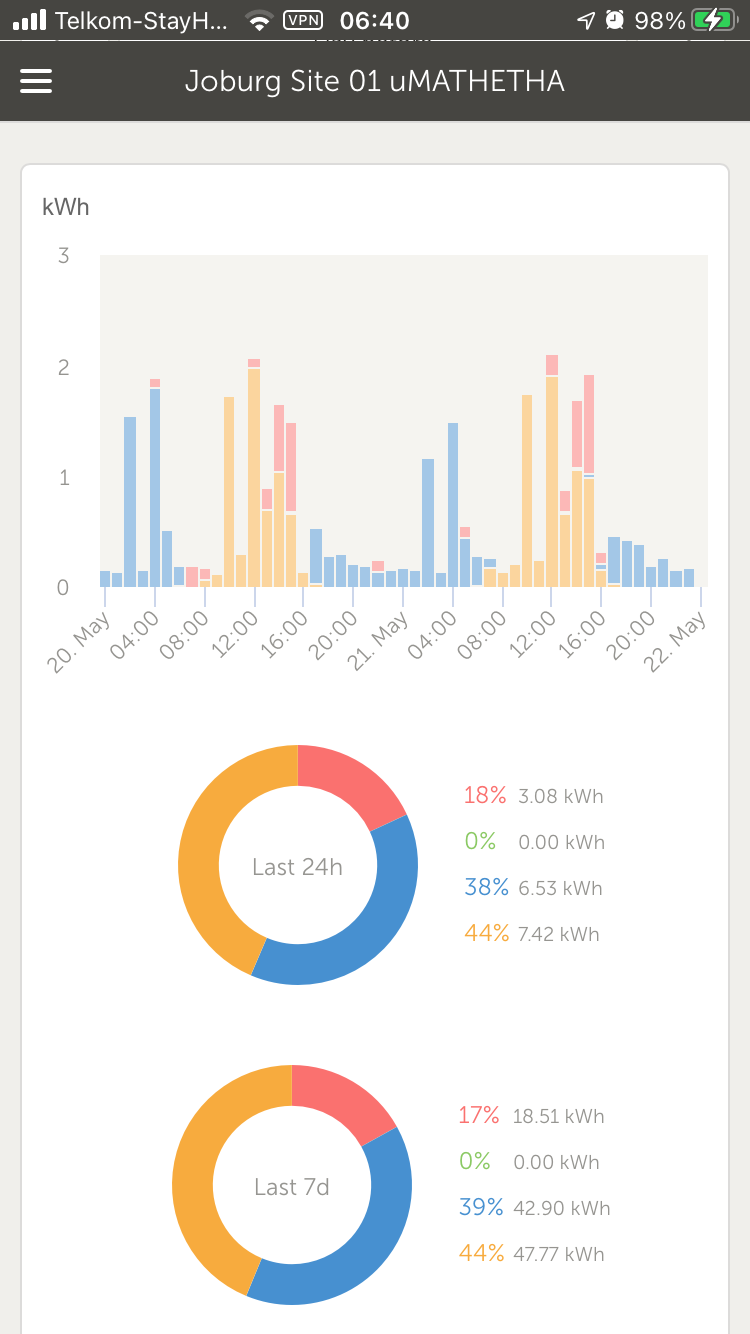Hi,
System Brief:
MP-II 3kW, MPPT Solar Charger (150/60) and a 225Ah 48V Battery, ET340 and ESS, system is configured without feed-in to the grid. The System is grid parallel and always connected in germany.
Is there any way with ESS to only power critical loads from the battery, aka. stop powering loads connected on the AC-IN of the MP-II and only power those at AC-1 once solar power is too low to sustain the AC-1 loads? Use case would be to use execess solar power for AC loads on the input of the multiplus but stop doing so once the system is on battery. The AC-1 loads should be always-on and powered from the MPPT and the battery.
Lukas



 Unfortunately from my previous investigation , this assist feature cannot distinguish between DC-battery and DC-PV. It will use what’s available
Unfortunately from my previous investigation , this assist feature cannot distinguish between DC-battery and DC-PV. It will use what’s available